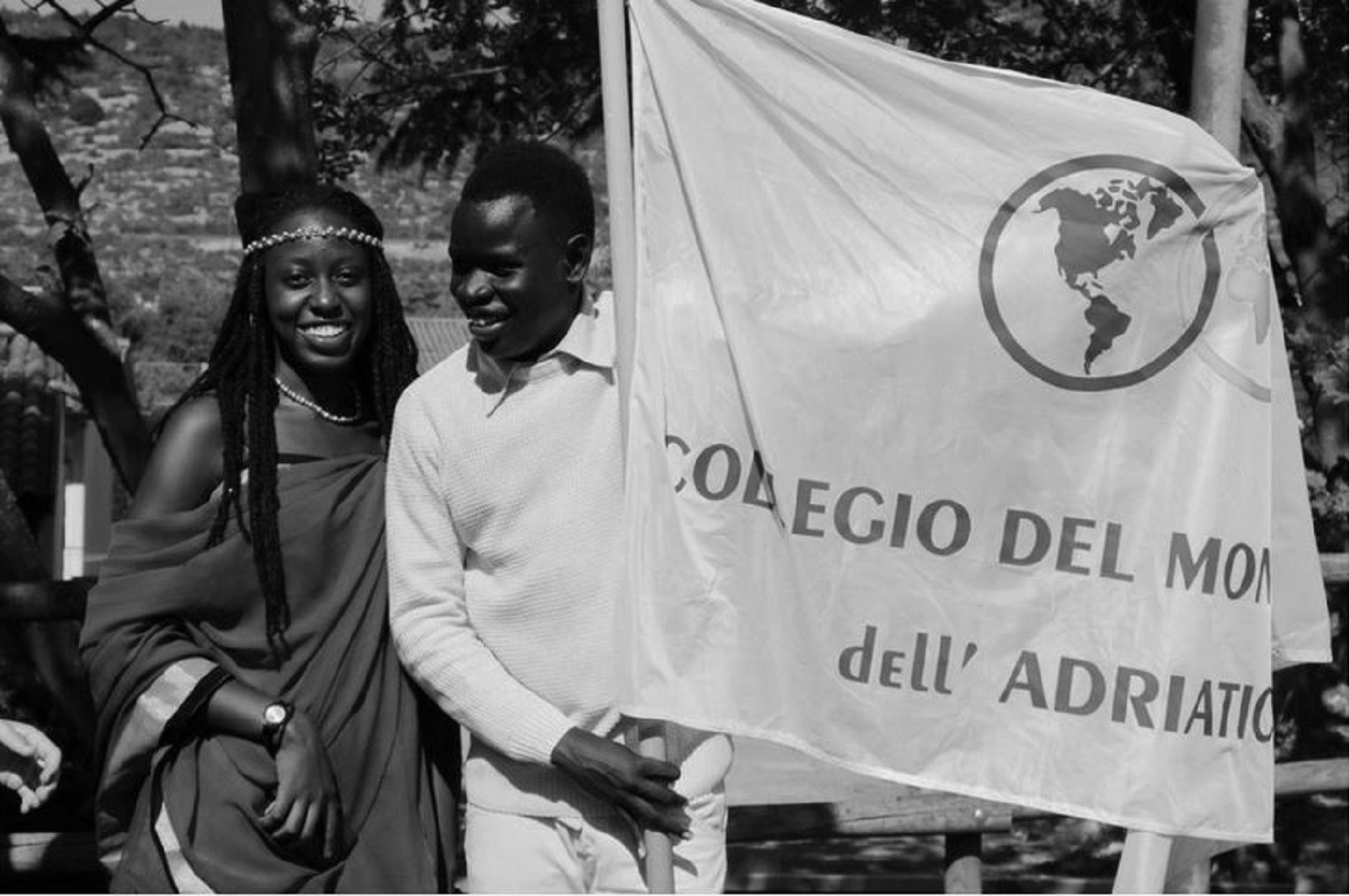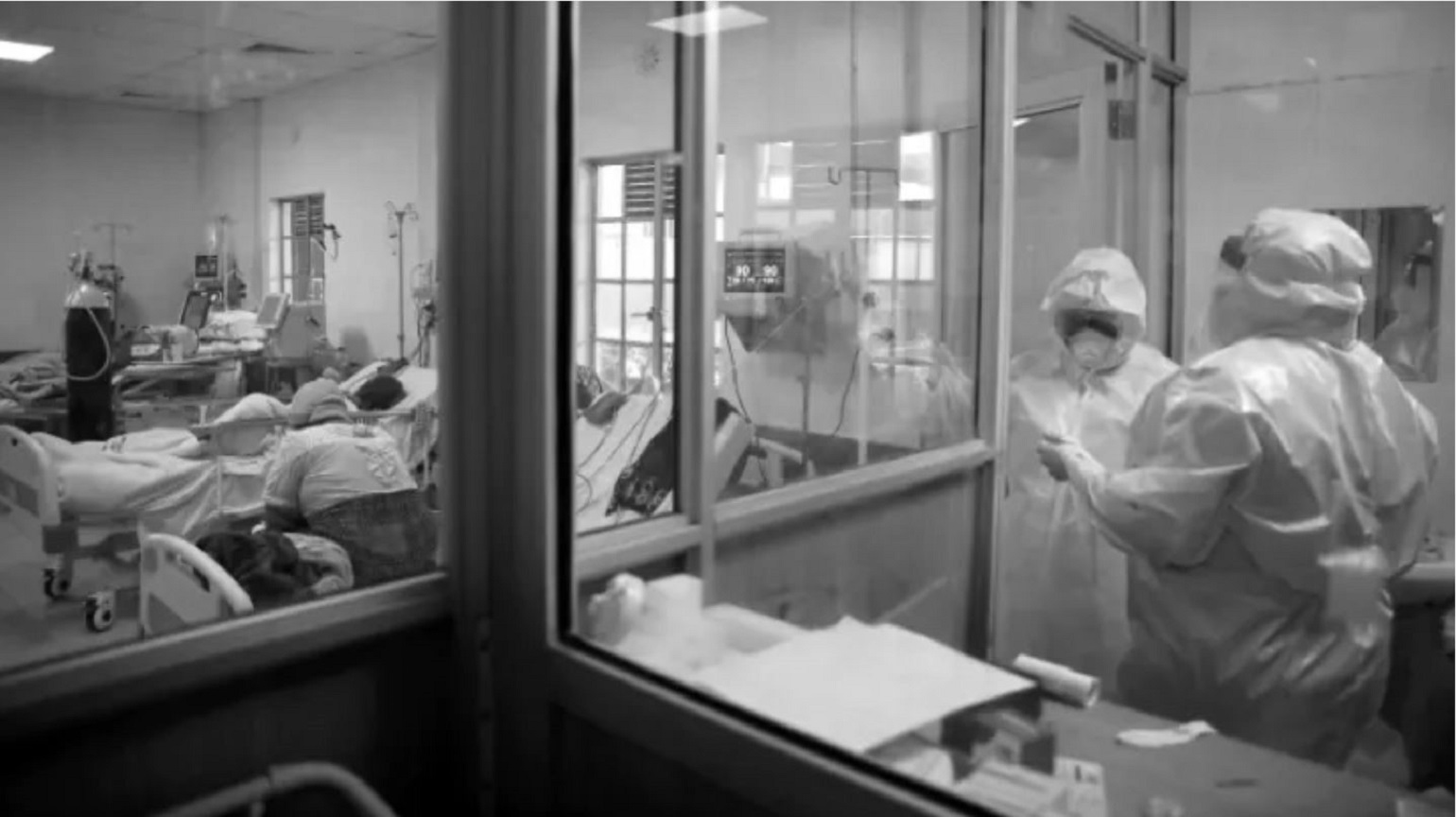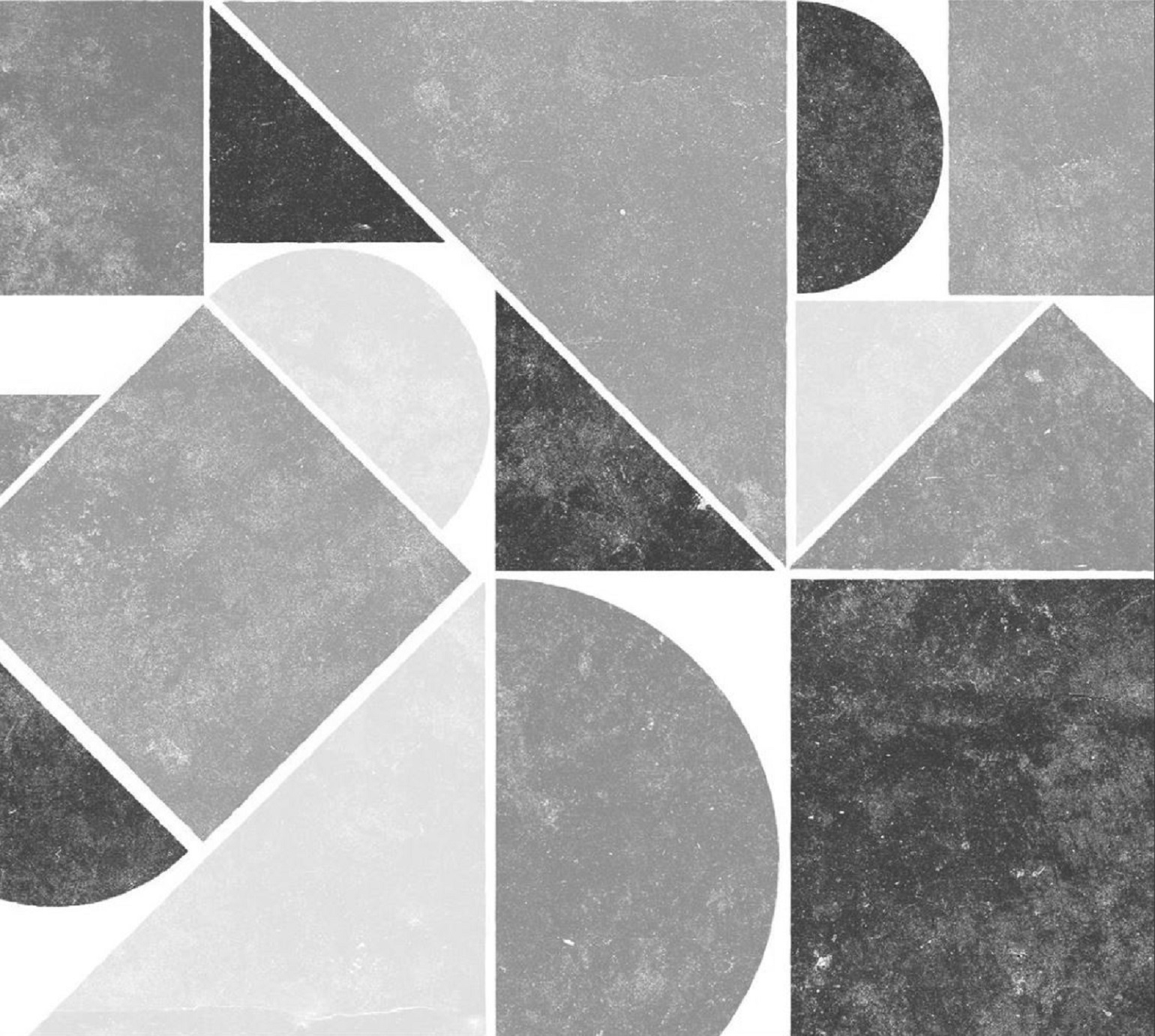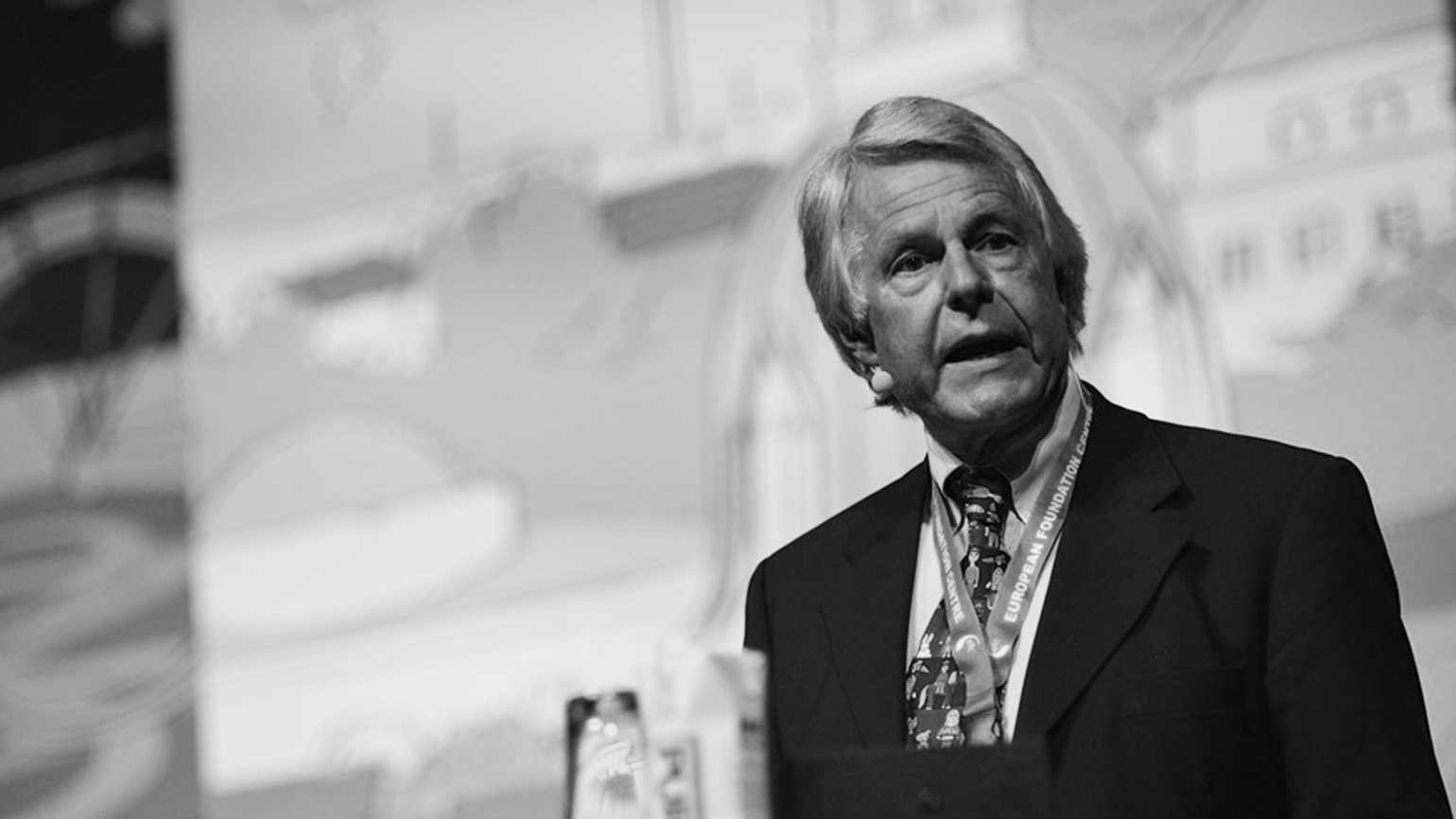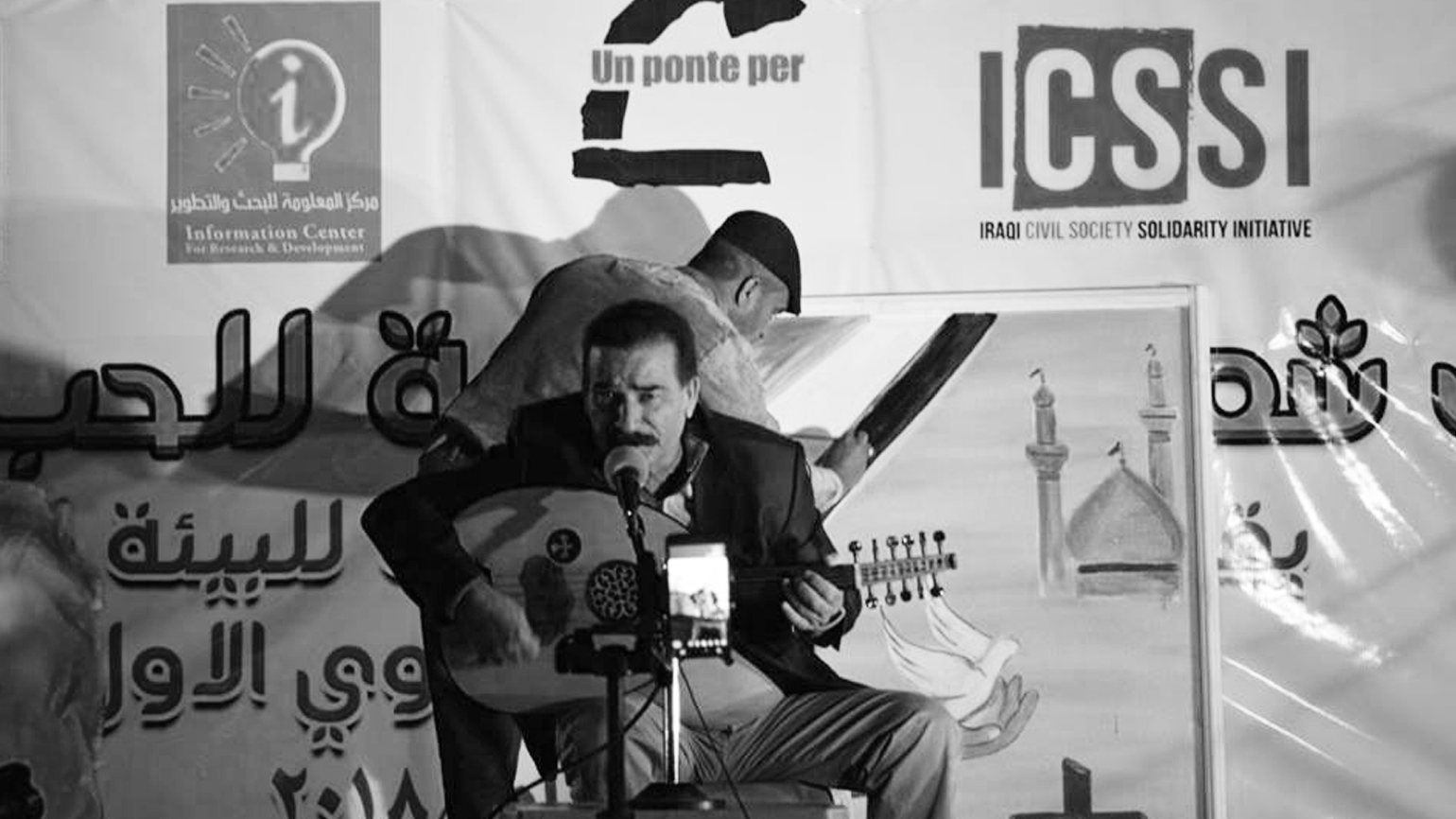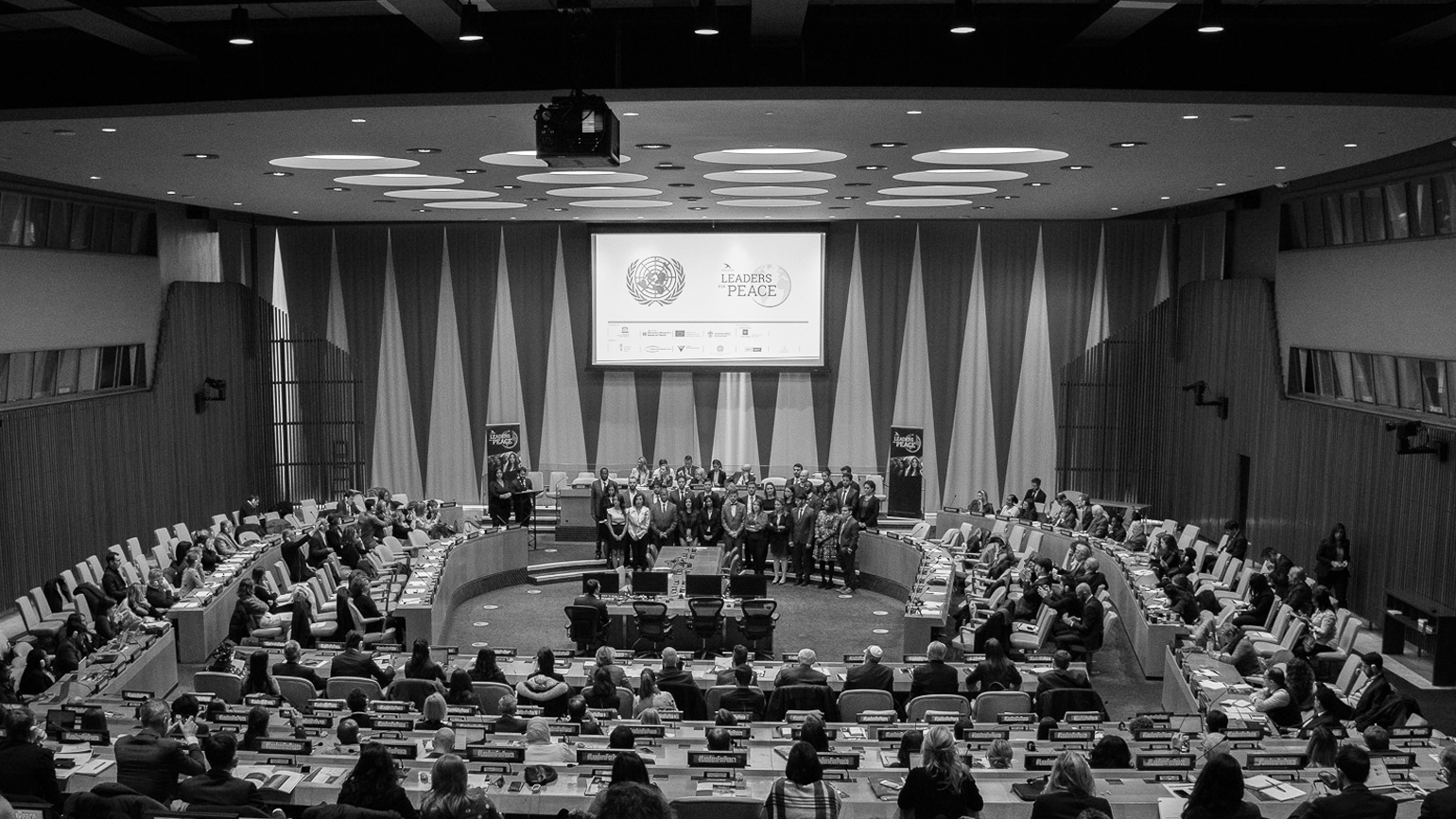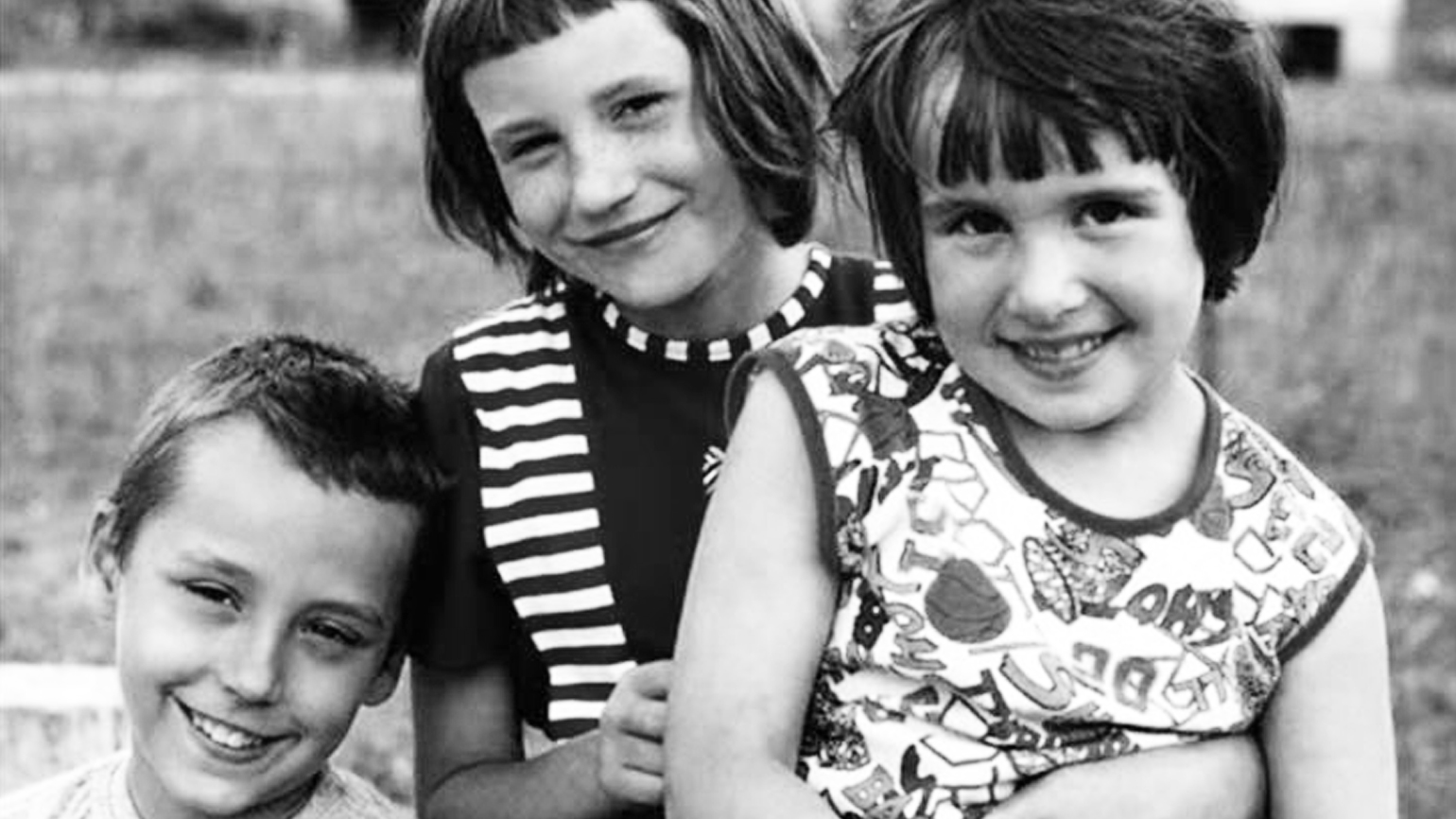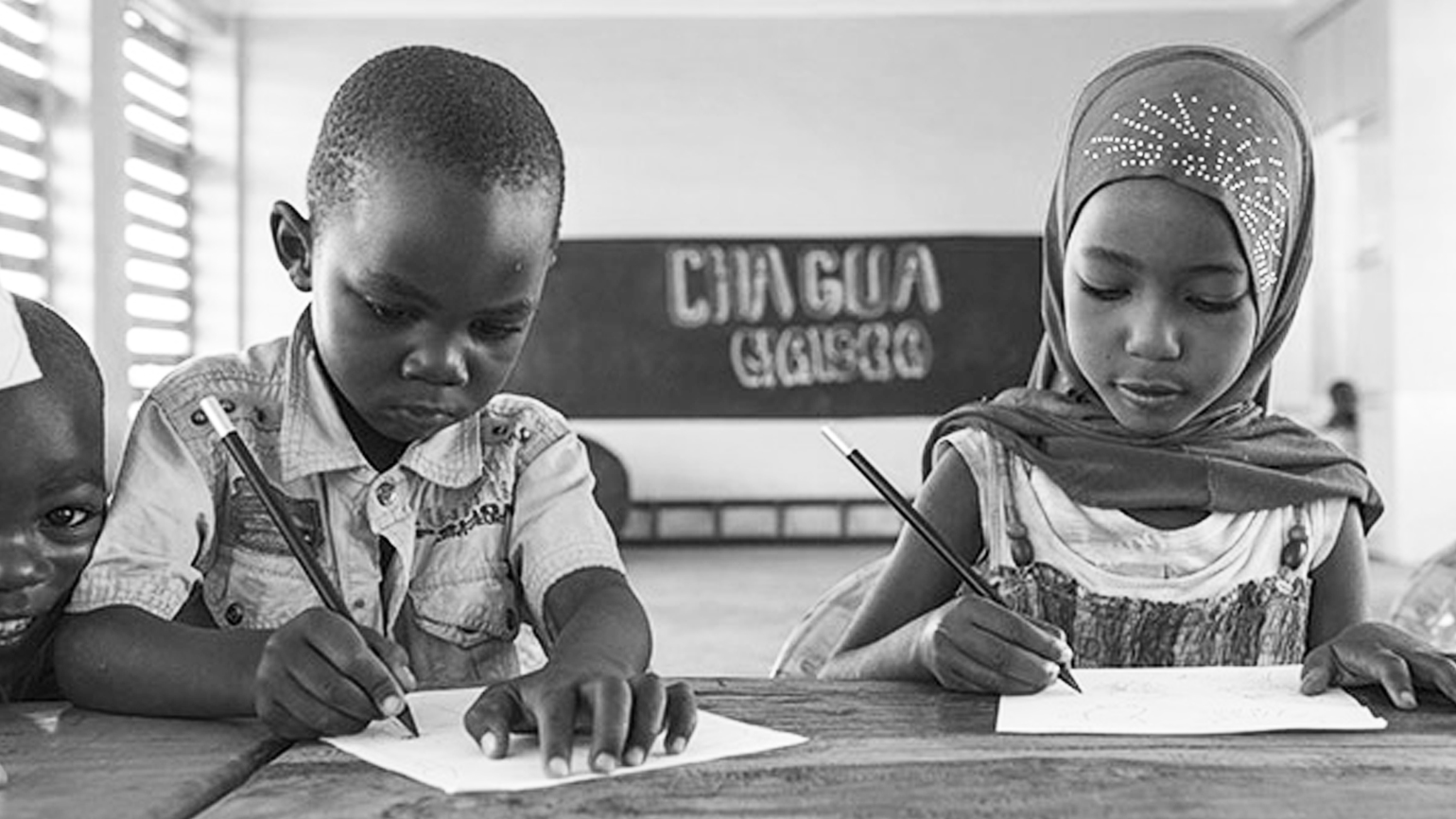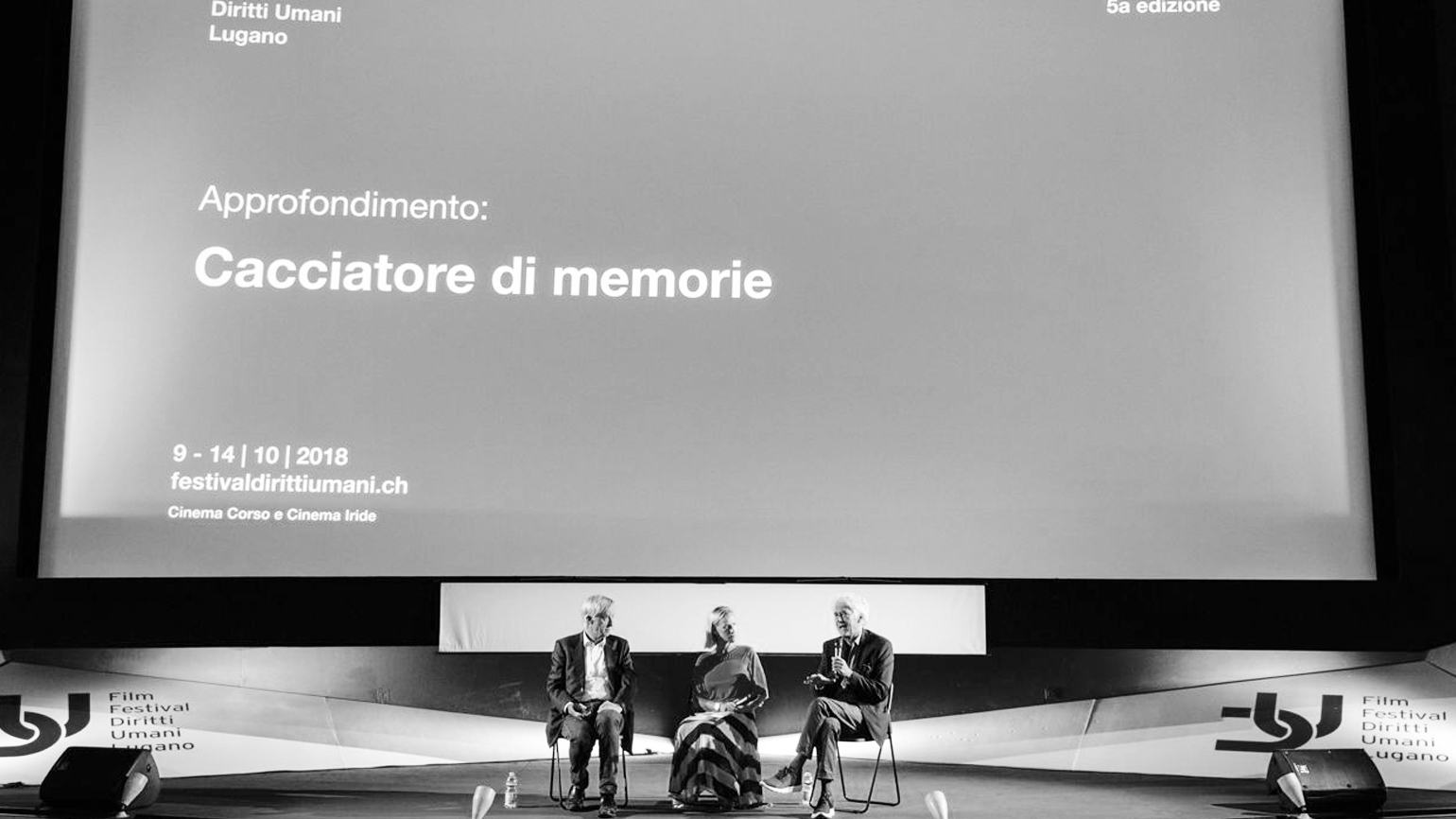Rien Van Gendt: Humanity in Action International Conference- Strasburgo
A Strasburgo dal 5 all’8 luglio 2018 si è tenuta la conferenza internazionale Humanity in Action. L’Intervento di Rien Van Gendt, esperto mondiale di fondazioni, private, di famiglia, comunitarie, suggerisce spunti interessanti per il ruolo e la gestione delle fondazioni private.
I want to explore with you how foundations can contribute to the European agenda of democracy, diversity and social cohesion. What is the unique role that foundations can play in this context, do they actually play that role and what are the bottlenecks they have to face?
But first two premises. I believe in Europe: European countries share so many common interests with respect to economy, climate, culture, environment and security; and above all, they share common values. I believe in Europe, despite the fact that the European project is challenged. More than ever do we realise that forces of nationalism and populism threaten a Europe, which we took for granted so far. I am Vice President of the European Cultural Foundation and for years we felt that we could focus a large part of our resources on the relationship between Europe and its neighbours, whether in Eastern Europe, the Middle East or North Africa.
However over the last years we gradually realised that Europe is internally divided and fragmented, that the concept of Europe is under threat and that we therefore should allocate more resources to the internal dynamics of Europe. Of course we also realised that we cannot strengthen Europe, if we do not include other regions, but yet we started to put more focus on the internal dynamics. In our case in the European Cultural Foundation we do this through culture, as we see culture not primarily as something to celebrate but as an instrument to bring about social change. We started to advocate for the notion that Europe is important and is more than just coal and steel and one currency, and that culture could contribute to cross-border respect for each other; to social cohesion.
This is my first premise. My second premise is that civil society organisations, including philanthropic entities like foundations, can play an important role to contribute to the European agenda. Governments, both on the national and European level, have no monopoly in serving the public interest. There is an important role to be played by civil society. These are my two premises: a belief in the importance of the European project and a belief in the role that civil society can play to contribute to democracy, diversity and social cohesion in Europe.
Although Europe is fortunately often seen by its citizens and by people living outside as a beacon of hope, there are worrying developments: sudden flows of refugees upset citizens; populism and nationalism is on the rise; rising inequalities can be observed; illiberal democracies present themselves; so does religious conservatism; political fragmentation seems the new phenomenon; the dilemma of security versus privacy and liberty is manifest; there is a lack of political courage and, maybe related to this, there is a loss of trust in political institutions. If we want to build a Europe inclusive of different populations, a Europe that adheres to the values of liberal democracy, then social cohesion is of strategic importance. For that Europe to emerge, civil society organisations are an essential partner. Civil society comprises foundations and I will focus on the role of foundations in my presentation.
Foundations are not a substitute for governments; governments in many ways are and remain important not only because of the size of the resources they have at their disposal but also because they have adequate systems of public accountability that give them their legitimacy. Although foundations cannot be seen as substitutes for government, their role yet can be prominent. This cannot only be explained by the retreat of government and by the distrust in politics and governments but also by the distinct role foundations can play in comparison to government. Foundations may not compete with government over the quantity of their financial resources; but they can play a strategic role because of the quality of their resources.
Also the fact that governments are locked up in siloed structures is a disadvantage. It makes it difficult for them to address issues of social cohesion, as this requires an interdisciplinary and a holistic approach. And that is exactly what foundations can offer and are used to.
Furthermore foundations are in an ideal position to address sensitive challenges around social inclusion because of their independence and their long term orientation; it allows them to go to the root causes of a problem; they can deconstruct xenophobia and antisemitism and go to the roots of prejudices.
Governments are increasingly confronted with political fragmentation, they are obliged to rely on the cooperation of a growing number of political parties to create the majority needed for making formal decisions. My own country, The Netherlands, is an example. Such governments are finding it hard to deal with complex issues; they have to form complicated coalitions to reach even more complicated compromises. And when a complicated compromise is reached, they realise that nobody actually owns the compromise. Foundations can compensate for this and can take this opportunity to position themselves.
In sum, contrary to governments, foundations may lack an extensive form of democratic accountability, but they can turn that to their advantage and capitalise on their unique features of independence, taking risks and having a long term horizon.
Thus foundations have something to offer. For this to materialise, forging partnerships is important. Partnerships can be created between foundations. The philanthropic initiative for democracy and solidarity in Europe, called Civitates, is a recent example. It was created by a consortium of 16 foundations under the umbrella of NEF, the Network of European Foundations, to uphold democratic values in Europe. In the US the recent creation of Co-impact, a global collaborative for systems change is yet another example. Partnerships are also being made between foundations and other stakeholders, like the government and the corporate sector. The Major Alliance in the Netherlands was created three years ago to make a concerted effort to bring government, foundations and corporates together on complex issues that require such a multi-stakeholder approach. I am actually responsible in the Major Alliance for the refugee and migration dossier.
A cohesive society needs a strong civil society and the foundation sector in Europe can play, as I said, an important role in this context. The foundation sector is also a significant sector. There are approximately 150.000 public benefit foundations in Europe with estimated assets of 510 billion Euro, spending around 60 billion Euro on an annual basis. The sector is growing rapidly with hundreds of new foundations being created every year. There is a large diversity of foundations: family foundations, corporate foundations, private foundations, lottery foundations and community foundations. More than 50 % of the foundations in Europe were created after 1990. And another interesting feature is that more than 50% of the foundations were created not by bequests but by the founders while still alive. This gave rise to a more engaged form of philanthropy, called venture philanthropy.
If I look at these developments, based on my experience of many years in Europe, the US but also in regions like Latin America, Asia and Africa I see some trends, that are relevant for the discussion regarding the contribution of foundations to the European agenda: there is a wish on the side of many foundations to address global problems, a wish to look at the root causes of a problem, before activities are being initiated; there is a wish to look at effectiveness; a wish to not only donate but also invest in society.
Having said all of this, there are also challenges for the foundation sector; there are bottlenecks and roadblocks and I want to focus the rest of my presentation on these challenges and roadblocks.
First of all not only governments are met with distrust from the citizens and the media but also foundations and civil society organisations in general: issues around salary levels cause irritation, inappropriate sexual behaviour damages organisations like Oxfam Novib, Plan International and Save the Children. Also the endowed foundations are sometimes met with distrust; an example is the Eleanor Helmsley Trust. It was created by Eleanor Helmsley in the US with a donation of around $5 billion for dog welfare. All of this forces us in the foundation world to look at our legitimacy. We have to decide with great integrity, on what we define as the public good. We have to demonstrate that we, with our private money for the public good, have a distinct role to play, that there is an added value in operating a private foundation, that we are transparent and accountable.
A second challenge for the sector is, that although in absolute terms its resources are significant, in comparison to the government, they are minute. It is swimming pool money in comparison to the ocean money of governments. We never could be, as I mentioned before, become a substitute for governments and by the way we should not be a substitute. The challenge is to lower expectations that foundations can step into the vacuum left by governments in retreat. Foundations can play a role complementary to what governments can do. Let me take as an example the issue of refugees. Where governments focus on issues of asylum procedures, housing, shelter and jobs (the hard/tangible issues), foundations tend to play an important role with respect to the soft topics, like social cohesion, the narrative, buddy systems, the process of guiding refugees to the labour market.
A third challenge is that foundations should be more self-critical, reconsider their own practices and improve upon their strategies and activities. They should for instance think more in terms of how to effectively serve the needs of their grantees. They should not be so pro-active in selecting the issues to support, that they have no eye for the relevance of unsolicited proposals. They should also have the finger at the pulse of society and anticipate on upcoming problems instead of rigidly adhere to a mission that stems from the past. With respect to the donor-grantee relationship, foundations sometimes behave like quasi government. Instead of using the advantages of private money (namely to take risks) to the full, there is a development in the direction of bureaucratic practices, that jeopardises the essence of philanthropy. If we ask a small NGO in Haiti, requesting a grant after the earthquake, what its theory of change is, we demonstrate our alienation from the real world. A rigid application of KPIs and a wish to measure everything demonstrates another whim of fashion. Of course it may be relevant to set targets and measure results, but let us not forget that philanthropy allows us to do things that cannot always be measured; that we can contribute to the intangible social capital in society.
When foundations want to work cross-border special challenges present themselves. Let me give some examples. If you as a foundation in a European country invests your assets/your endowment in another European country, there is a fair chance that you are not treated as if you were a foundation in that other country. In other words there is discrimination. If regulation is introduced on the European level to fight for instance against money laundering or tax evasion, foundations are in particular seen as vulnerable to exploitation. Therefore regulation, imposed on us by the European Commission (like the register of Ultimate Beneficial Owners), does not tend to be proportionate and is certainly not risk based and evidenced based. While philanthropy is a key pillar of the European civil society addressing relevant issues and could contribute to the priorities mentioned in the new Multi-annual Financial Framework of the European Commission, the operating environment for foundations in Europe is cumbersome, to say the least. Foundations rightly claim that philanthropy should be on an equal footing as for-profit capital and labour in terms of the fundamental freedom to work across borders. There ought to be a level playing field for philanthropy in Europe.
On May 28 I moderated a symposium in Brussels of the European Foundation Centre (EFC), the European Venture Philanthropy Association (EVPA) and the Donors and Foundations Networks in Europe (DAFNE) with the participation of representatives of the European Commission, the Council and the European Parliament under the title ‘Co-creating a Single Market for Philanthropy’. What are the strategies to enable and protect philanthropy more effectively across Europe? Some of my colleagues in the foundation sector aim for recognising philanthropy in the EU Treaties; they want to rewrite the Treaty of Rome; and they want to develop a European supranational legal form for foundations, similar to the vehicle that was embodied in the European Foundation Statute. But we should remember, that the European Foundation Statute failed a few years ago, because there was no unanimity among European countries about such a fundamental new development. And unanimity in all European capitals is always required.
My opinion is that we can better go for the gradual approach; bottom up, calling on the member states to create an enabling environment for foundations and use this as a platform to work in a pragmatic way towards more freedom of philanthropy among European countries. It is an illusion to think that the European treaties will be adapted to include philanthropy. It is an illusion to think that we can have a single European legal form for foundations. It failed a few years ago and now there would be even more reasons for it to fail, because there is an even stronger sense in many countries, that what can be arranged on the national level, should not be arranged on the European level (we call that the subsidiarity principle). During the Symposium in Brussels and in line with my approach (bottom up and gradual), many concrete suggestions were made to improve the possibilities for foundations to do their international work and thus to contribute to the European agenda of social cohesion.
The first suggestion is to strive for a strict application of non-discrimination principles. There are rulings by the European Court of Justice, that Member states cannot introduce laws or measures that are in conflict with the EU freedom of capital. Yet foundations face many problems and have to incur many expenses to start legal procedures in specific cases of violation. Another suggestion is that the philanthropy sector should always have a voice and be consulted in case of new regulations that may affect the sector. For instance when in the frame of the Financial Action Taskforce regulations like the Register for the Ultimate Beneficial Owner (UBO) are designed, to fight anti-money laundering, the application to the foundation sector should be tailor made, proportionate and evidenced based. A third suggestion is, that instead of aiming for an European legal form of a foundation or civil society organisation, we focus on comparability of the legal structures in the individual Member countries and we see to it, that such structures are driven by the same values and principles instead of being lookalikes. A French foundation should be able to work with an NGO in Poland, even if that NGO is not an exact copy of the French NGOs. Member countries should be encouraged to embark on easier processes for equivalency determination of NGOs and their donors.
Besides the complexities of cross border grantmaking in Europe that cause roadblocks for foundations to freely operate, there are challenges of another nature: the shrinking or even closing space of civil society in fellow European countries. Unfortunately we became used in recent years to a shrinking space, if we see how cumbersome it is for NGOs in China, India, Turkey or Russia to work freely and how difficult it is for foundations in Europe to support such NGOs. Apparently governments do not always want to be confronted with a critical third sector: it is not seen to be in their national interest. Politicians often play into gut feelings and sentiments in their societies that thrive because people are afraid about the outside world; after all not everybody profits from globalisation. This becomes particularly worrying when it happens inside Europe. I refer to the developments in among others Hungary and Poland. The governments in these countries may want to work on social cohesion but it is not based on diversity and other European values but rather on exclusion, national nostalgia and anti-European sentiments. The complexities of cross border grantmaking, that I mentioned before, become especially acute when fellow European countries put restrictions on the funding of their civil society by outside funders and thereby close the space for their own civil society.
The turmoil around the Central European University in Budapest is a relevant case. It requires a response from the European foundation community and from the European Commission alike. The European Commission seems to have more instruments when such a situation occurs outside the Union in another region, than when it concerns countries like Hungary or Poland. Apparently we never thought that this situation could present itself in Europe, when the Union was being designed. What are the tools we can use in relation to fellow European countries that do not follow the European values? There are infringement procedures (exchange of opinions and eventually bringing the case to the Court of Justice) and there is the nuclear option of art 7 of the Treaty that allows for the suspension of rights of the Member country concerned. What could be the response from the European foundation community? Our sector should show, that it stands by its partners in countries, where we observe a shrinking space for civil society. The creation of Civitates is, as I mentioned before, an initiative of 16 European foundations that wants to support leaders that stand for democracy; it wants to enhance the public discourse on this topic and wants to contribute to independent media and investigative journalism.
Promoting a level playing field for philanthropy and facilities for the freedom of foundations to do their international work is an important mission. But quid pro quo: it puts on us also the obligation to give a higher priority to our international work on social inclusion, than we do at present. In addition we should have the courage to address in that context controversial issues instead of hiding behind existing missions. At present there is a limited number of foundations that serve the European agenda through their grant making and social investments. I can imagine that the European Commission, when cooperating on the introduction of a better fiscal and legal framework for us, want to see that the foundation sector is indeed interested in contributing to the European agenda and wants to work on a global European level. Individual foundations should get from their founders, trustees or Boards more discretionary space for such new developments.
I have the impression that we should put more energy in becoming politically relevant in the eyes of the European institutions. For this we have to do two things: step up the international nature of our philanthropy and pay dedicated attention to the communication about this.
The European Commission came up with its new Multi-annual Financial Framework, which shows that partners are needed to materialise the European agenda. Next year are the elections for the European Parliament. This is the moment to underscore by our actual activities and communication, that we are a relevant partner, which can contribute to social cohesion in Europe
